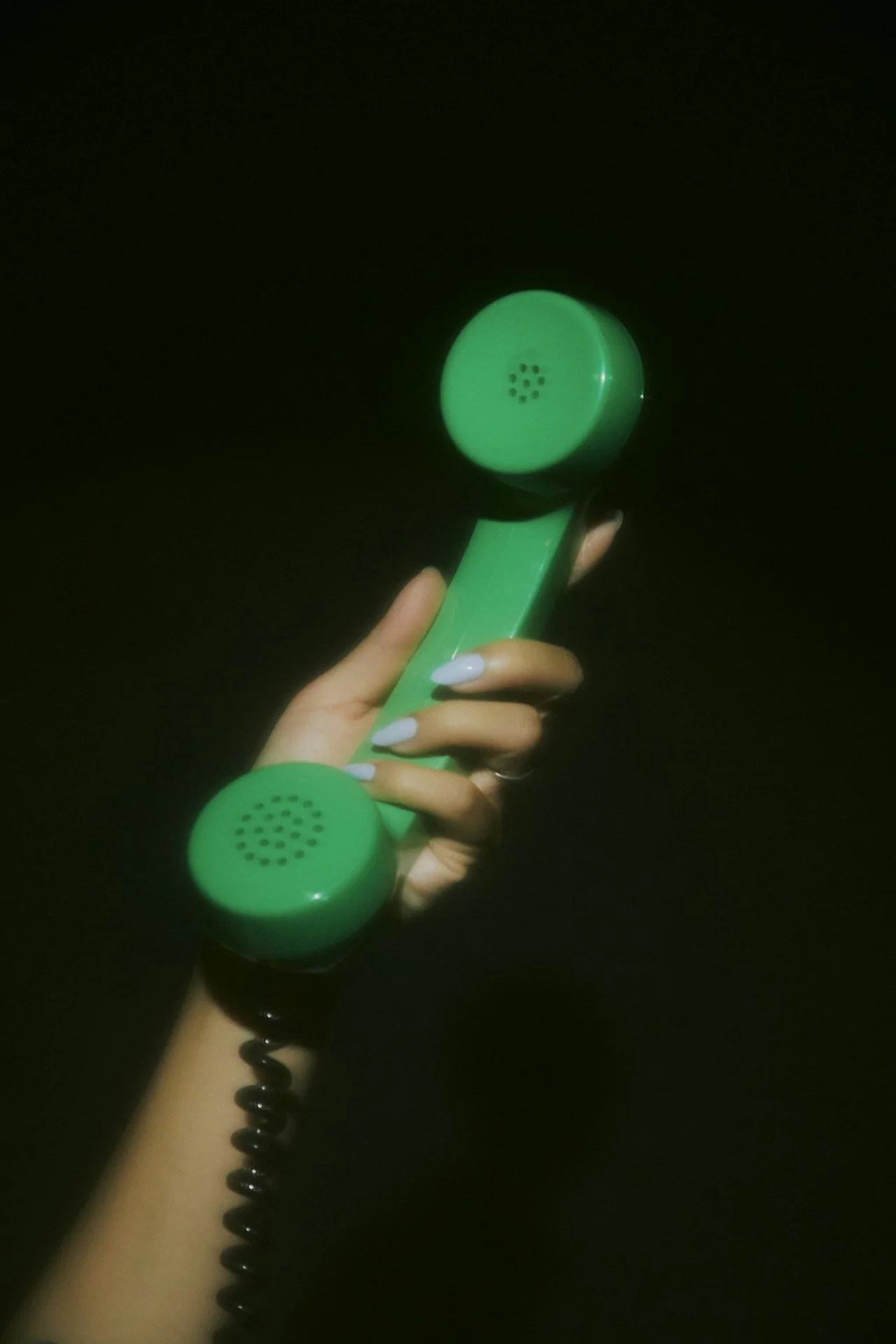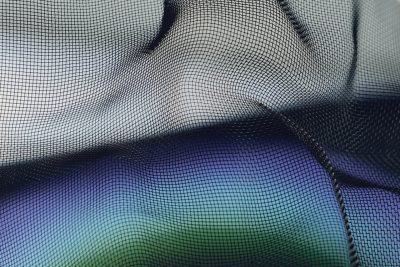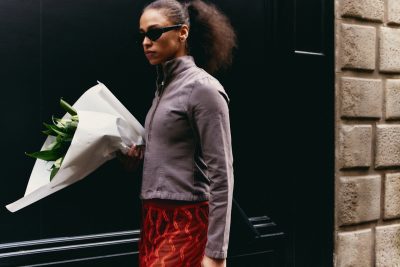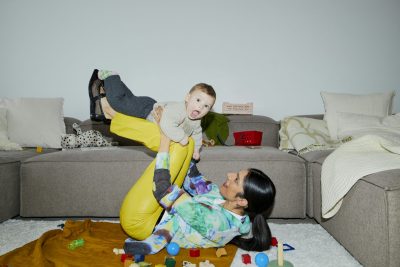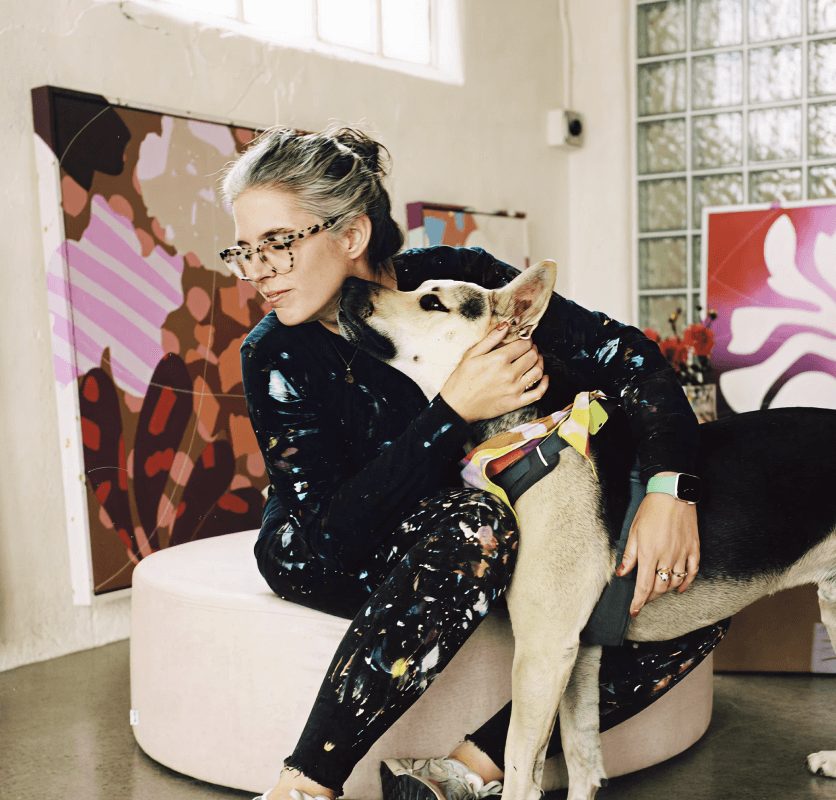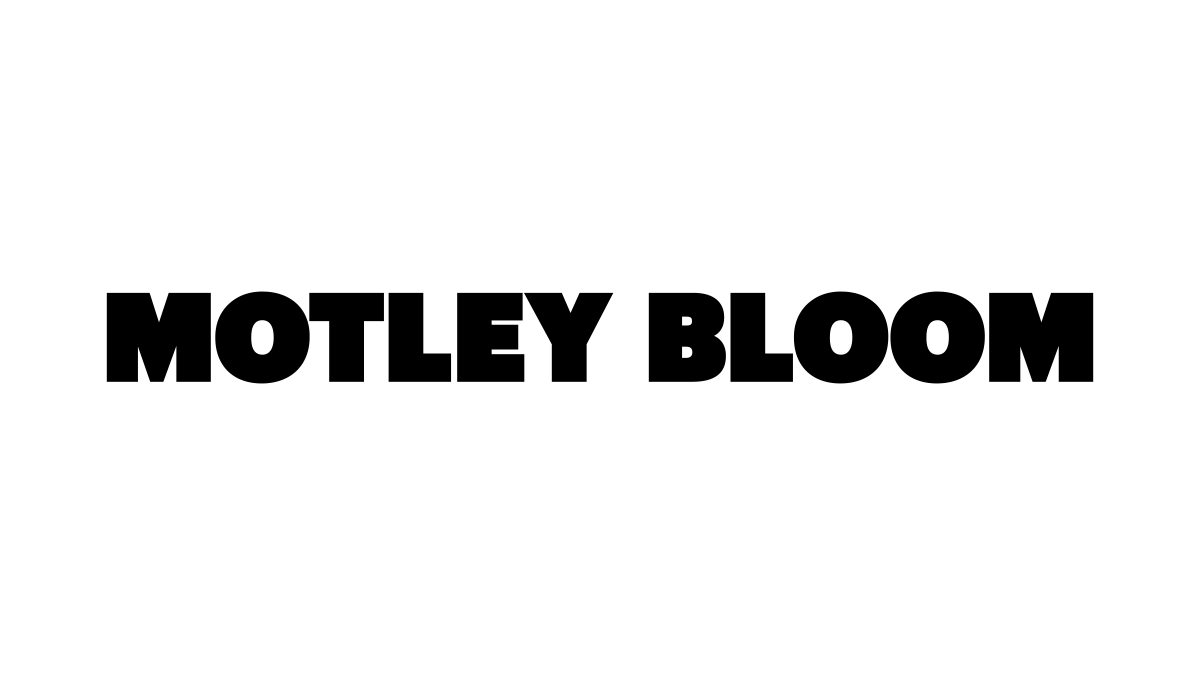BY NABEELA WASHINGTON
Frankly, I’ve heard it all: “Girl, you’ve got a roundabout way of saying things.”
“I wasn’t paying attention to a thing you were saying.”
“Are you sure you’re okay?”
The eye glazing, the polite nods, the not-so-subtle glances at incoming text messages.
It’s no secret that the world loves brevity — maybe even more now that we have a thirst for the internet’s rapidly changing concise entertainment. We want linear narratives, people who can tell you what you need to know without detours through childhood memories, tangentially related observations, or the latest Black Mirror episode.
But what neurotypical society often dismisses as “infodumping” or “oversharing” is, for many neurodivergent individuals, our most authentic form of connection — a generous offering of our passions, our knowledge, and our unique way of processing the world.
When I enthusiastically share every detail about something I love — Ravyn Lenae, almond croissants, or The Medici family (and their obsession with oranges) — I’m not just talking, but inviting you into my mind, offering trust and vulnerability through the gift of my unfiltered thoughts.
For a long time, I apologized for being “long-winded,” for taking too long to get to the point with friends, or for going off-topic at work. It was often the small, everyday moments that cut deepest: friends checking their phones mid-story or the subtle shift in someone’s expression that said, Here she goes again. There was even a colleague who made an important decision on a project we were both on because she was more “grounded.”
These constant “micro-rejections” made me feel misunderstood and left me with a raging case of impostor syndrome. I grew exhausted from trying to assimilate — rehearsing conversations in my head, cutting out details I found fascinating but feared others would find excessive, continuously “puppeteering” myself in every social interaction — when really all I wanted to do was ramble my way to a real connection.
It wasn’t until I visited an old friend from high school in Washington, D.C. that everything shifted. “Sorry,” I said when in the middle of a story about a new job, I digressed into how banana-flavored ice cream is underrated. “I lost my train of thought. That happens a lot now. It’s so frustrating.”
My friend maintained eye contact, which strangely brought me comfort, “Trust me, I understand.”
She’s always accepted my conversational detours without judgment and created a safe space. So I didn’t feel shamed when she gently suggested, “You might have ADHD.”
“You think so?” I asked, relaxing. “I’ve been seeing a psychiatrist for the past year, and I’ve been complaining about how it’s difficult for me to stay motivated. How hard it is for me to stay committed to one thing. You know what she told me?… She told me to get a friggin organizer! That I should consider hiring a life coach!”
My friend’s face quickly became a real-life pretends-to-be-shocked meme.“You for real?”
“If she really knew me, she’d know that I already had about two dozen planners, plus Post-it notes. Organizing is my love language!”
It had been a long time since I had been vulnerable about my struggles with focus and the profound loneliness that came from feeling perpetually misunderstood.
In the quiet moments between our midnight banter and laughter, I felt something deep inside myself heal — the part of me that had always believed my way of communicating was broken. That weekend gave me the courage to seek a new psychiatrist and professional testing, which eventually led to my diagnosis of ADHD at 32.
More importantly, it sparked something inside me — the realization that my winding way of communicating wasn’t broken, but capital B-eautiful. The support I needed wasn’t about speaking differently, but finding places where my natural style was valued rather than corrected.
And I’m not alone in this journey of reclaiming my voice. I’d argue length is making a comeback — platforms that once limited expression are expanding. TikTok videos now stretch to 10 minutes, and YouTube embraces 3-minute shorts alongside longer content. We’re even seeing the rise of long-form content through newsletters with Substack and Ghost platforms. Perhaps our culture is rediscovering what oral storytelling traditions across generations have always known: that there’s community and connection in our digressions, tangents, and stories.
Cultural shifts often happen slowly, yet my personal healing couldn’t wait for the world to catch up. My journey of self-love began in 2015, and accepting the parts of myself that don’t naturally fit has been a daily commitment.
Those closest to me know about my obsession with pastries, particularly almond croissants. No one will ramble about an almond croissant harder than I will. In the moments when I’m excitedly sharing every detail about the perfect lamination or the ideal ratio of frangipane, I can hear my inner critic still whispering, “Nobody cares,” “OMG shut up,” or “Can’t you see they aren’t interested?!”
But I’ve learned to laugh away that inner critic and make room for my inner champion. She reminds me that my elaborate stories aren’t just tolerated — they’re appreciated. “You got this,” “Only YOU could do THAT,” or “GO QUEEN!” Several friends have told me they find my explanations fascinating precisely because they come from such an authentic and warm place.
After years of apologizing for being a “rambling queen,” I’ve learned my sinuous stories aren’t a flaw to fix — they’re my conversational signature, my way of showing others I care or that I love a specific subject.
They are my path to authenticity — and perhaps the world could use more people open to taking the scenic route to connection.
Bio: A Black journalist, poet, organizer, and connoisseur of croissants, NaBeela Washington (she/her) writes about what’s possible. She is currently working on a children’s book while researching accessibility in newsrooms. Check out her Substack Breaking Bread or read her words in Eater, Chicago Reader, South Side Weekly, The TRiiBE, and others.
Follow Motley Bloom
